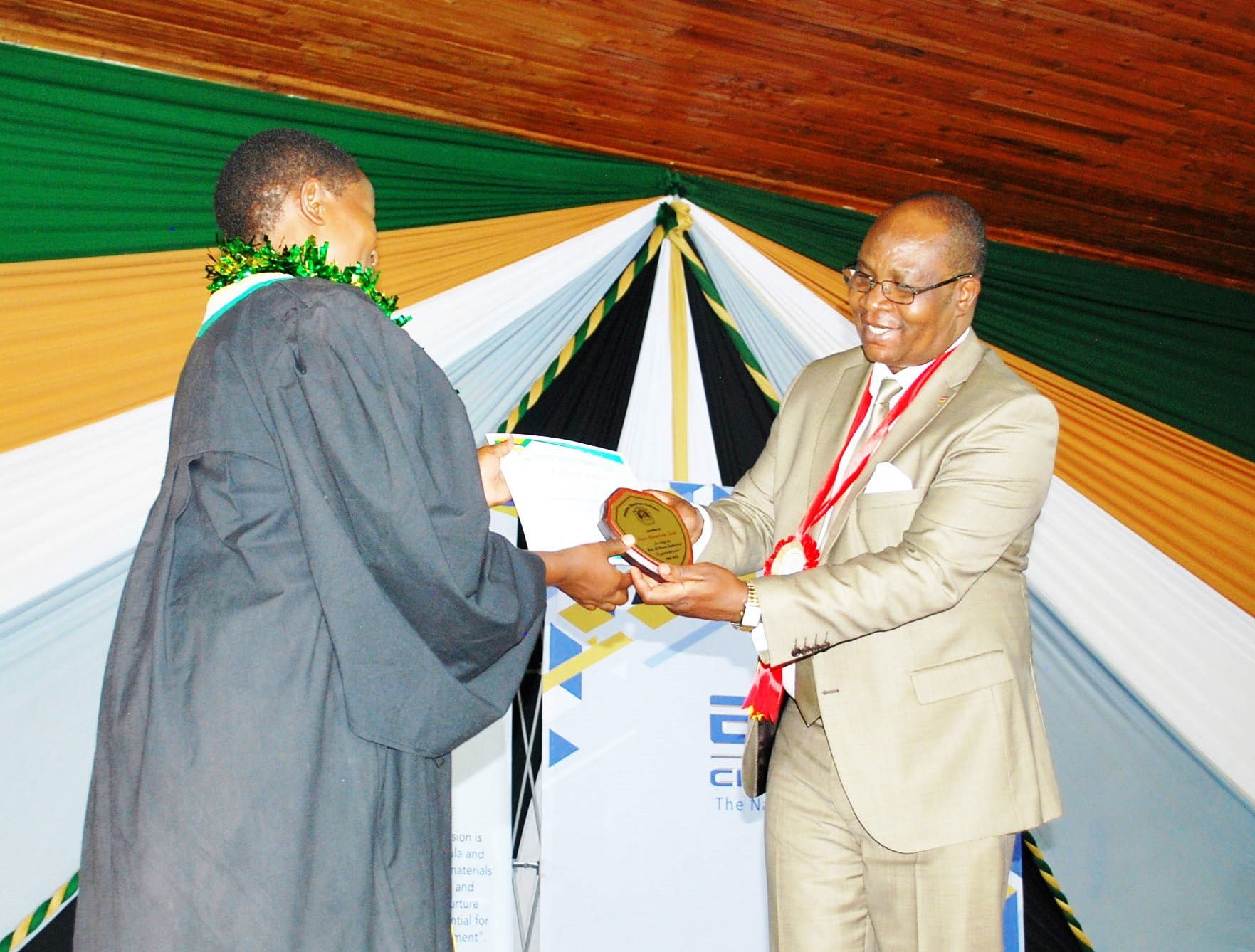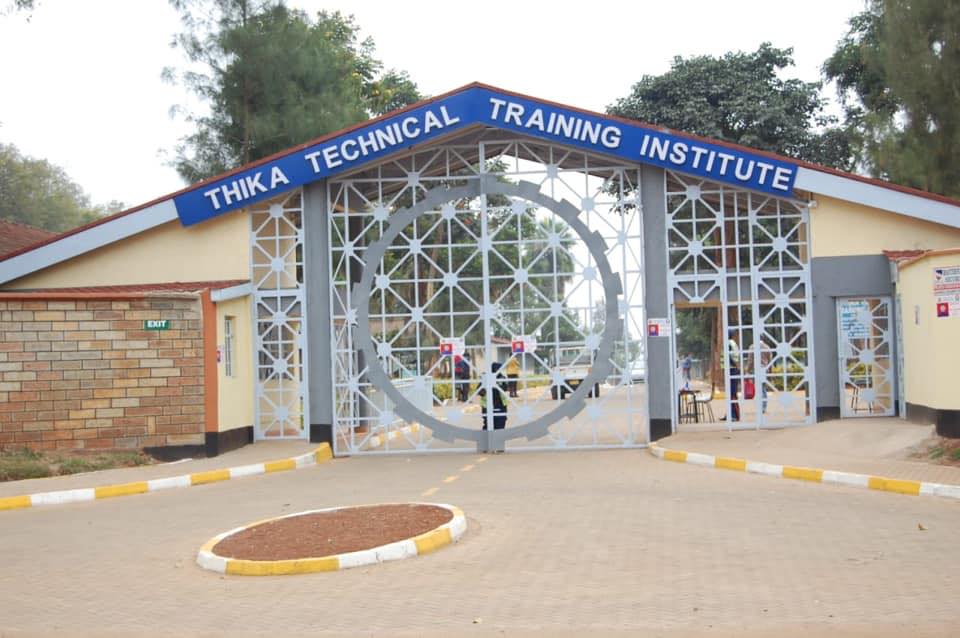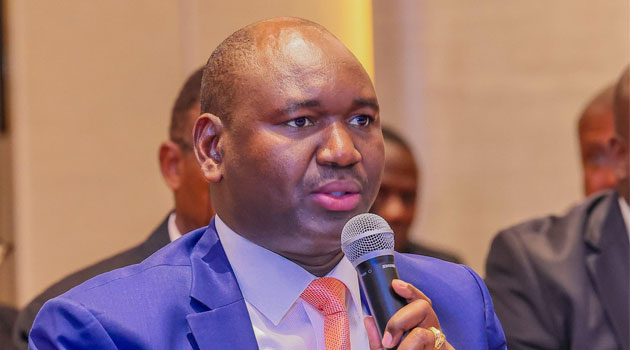By Roy Hezron
The Kenya Institute of Curriculum Development (KICD) has developed and adapted ten Learning Areas (Subjects) for learners with special needs at Pre-Vocational Level under the Stage-Based Curriculum of the new Competency-Based Curriculum (CBC).
The learners, who will transit to Pre-Vocational Level from the current Intermediate Level in January 2023, will now be taken through Pre-vocational skills, Communication, Social and Literacy Skills, Daily Living Skills and Mathematics.
Others are Music and Movement, Physical and Health Education, Hygiene, Nutrition and Safety; Environmental Activities, Social Studies and Religious Education – with the latter including Christian, Islamic and Hindu Religious Education.
According to KICD, the specialized curriculum at the pre-vocational level for learners with special needs ,which is predominantly skill-based, prepares learners with disabilities for basic work skills and being introduced to the pre-requisite skills in various vocational areas to enable them identify their abilities and interests in a given field.
The learners who will take the Pre-Vocational Level include those with intellectual disabilities, the deaf, blindness, autism, severe cerebral palsy and multiple disabilities.
By the end of the Pre-Vocational Level, the learners are expected to be able to demonstrate basic pre-vocational skills using local materials; express themselves through manipulation of varied materials; and transform raw materials into functional and aesthetic forms.
They are also expected to be able to handle safely varied materials and tools or equipment in production of articles of aesthetic and functional value, develop creative ability to enhance productivity and appreciate the use of raw materials in production of functional items for economic development.
The KICD Basic Education Curriculum Framework (BECF) that was developed in 2017 with a special focus on learners’ competencies within their level of ability, aimed at ensuring that learners with severe and profound disabilities who may not pursue the age-based curriculum had a separate stage-based curriculum.
The stage-based curriculum is organized into 4 levels. It starts at the Foundational level, then moves to the Intermediate level; the Pre-Vocational level and, finally, the Vocational Skills level. The transitions at other levels of the stage-based pathways are informed by the achievement of the set learning outcomes.
Continuous assessment will be used to inform and improve learning.
However, the unavailability of well-resourced secondary schools and vocational training centres has been identified as leading challenges to transition in SNE.
A study conducted by the CBC taskforce on enhancing Access, Relevance, Transition, Equity and Quality for Effective Curriculum Reforms Implementation in March 2020 established that out of the 179,320 SNE learners in primary schools, 26,288 are in special primary schools while 153,032 are in regular primary schools.
The taskforce also established that only 5,718 learners with special needs and disabilities transit to regular secondary schools while 3,895 transit to special secondary schools.
The study further revealed that 72.6 per cent of children with disabilities are in rural and urban informal settlements which have few or no special schools, but have increased in the number of free day secondary schools available.
Age-based curriculum
For the pioneer CBC class currently in Grade 6 under the age-based curriculum, KICD has developed and adapted 12 core-subjects and 7 optional ones when they transit to Junior Secondary School (JSS) at Grade 7 in January 2023.
At JSS level, a broad based curriculum is offered to enable learners to explore their own interests and potential as a basis for choosing subjects according to career paths of interest at Senior Secondary Schools.
The learners will also be taken through a rigorous career and guidance programme to enable them make informed career choices while in senior school.
The 12 core subjects provided will be English, Kiswahili or Kenyan Sign Language, Mathematics, Integrated Science, Health Education, Pre-Technical and Pre-Career Education, Social Studies, Business Studies, Agriculture, Life Skills, Sports and Physical Education and Religious Education (Christian, Islamic or Hindu Religious Education).
The 7 optional subjects, where learners choose a minimum of one and a maximum of two according to personality, abilities, interests and career choices, will be Visual Arts, Performing Arts, Home Science, Computer Science, Kenya Sign Language, Indigenous Languages or Foreign Languages (German, French, Mandarin or Arabic).
The learners, between the ages of 12 and 14 years, will still be undergoing Physical, Cognitive, Social and Emotional development.






